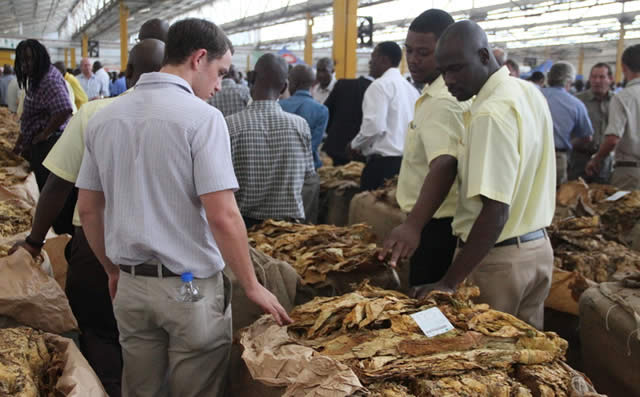Cooking oil imports increase

Tinashe Makichi Business Reporter
Zimbabwe is importing cooking oil worth $220 million annually as the local manufacturers continue to use archaic and obsolete plant equipment making them uncompetitive in meeting local demand. Since dollarisation most local cooking oil manufacturing companies have struggled to meet local demand, paving the way for imports that have since flooded the local market.
Imported cooking oil is generally cheaper and accounts for 40 percent of the local market requirements.
Olivine industries managing director Mr Jonasi Mushangari said the lack of competitiveness among the local companies has increased cooking oil imports at the expense of the local industry.
“The disparity between the duty rates applicable to tariff automotive batteries and deep cycle batteries and cooking oil has the potential to completely undermine local manufacturers who will be forced to compete on an uneven playing field.
“The country is importing cooking oil worth $220 million annually at the expense of the local industry and it is surprising that even the army is importing cooking oil hence need for a vibrant public procurement support,” said Mr Mushangari.
“Companies like Surface Cooking Oil combined with Olivine have the capacity to supply the local market.”
The slump in production in the cooking oil sector has been attributed to lack of working capital and the liquidity crisis that is affecting the economy. At the moment Olivine industries which has been the biggest manufacturer of cooking oil is in need of about $32 million to increase capacity and retool its plant in order to meet the local demand. In this respect Government plans to start introspecting and interrogating its spending behaviour, procurement systems and redirecting national resources towards production and supporting the local industry.
Government is looking at preserving its national wealth by curtailing the spending mentality that has destroyed different parastatals and other public enterprises through use of corrupt procurement systems.
Finance and Economic Development Minister Patrick Chinamasa speaking at the Buy Zimbabwe public procurement conference yesterday said an approach is being proposed that will address issues of public procurement and spending.
“We want to address issues to do with local procurement where the country has been subjected to a dumping ground for imported goods. It is high time that local companies and public enterprises should start to do their procurement locally.
“We are importing consumptive products that account for at least 70 percent of our import bill and the problem has worsened by the nature of the products that the country is importing, “said Minister Chinamasa.
“The spending on imports could have been channelled towards the recovery of the local industry.”
Captains of industry have been calling for the public procurement of goods to avoid unnecessary importation of goods that are produced locally arguing that public procurement systems are strategic tools that can capacitate the local industry.
Minister Chinamasa said procurement systems are central to economic value chains, and it is the procurement function that can normalise or distort the cost structures, misallocation of resources in any economic system.
“There is definitely need to embark on a massive campaign where we encourage Zimbabweans wherever they are domiciled to allocate about 60 percent of their budgets on locally produced products to ensure the recovery of the industry.
He said Government currently is prioritising infrastructure development as a catalyst to increased investment in the country especially in the power generation sector.











Comments